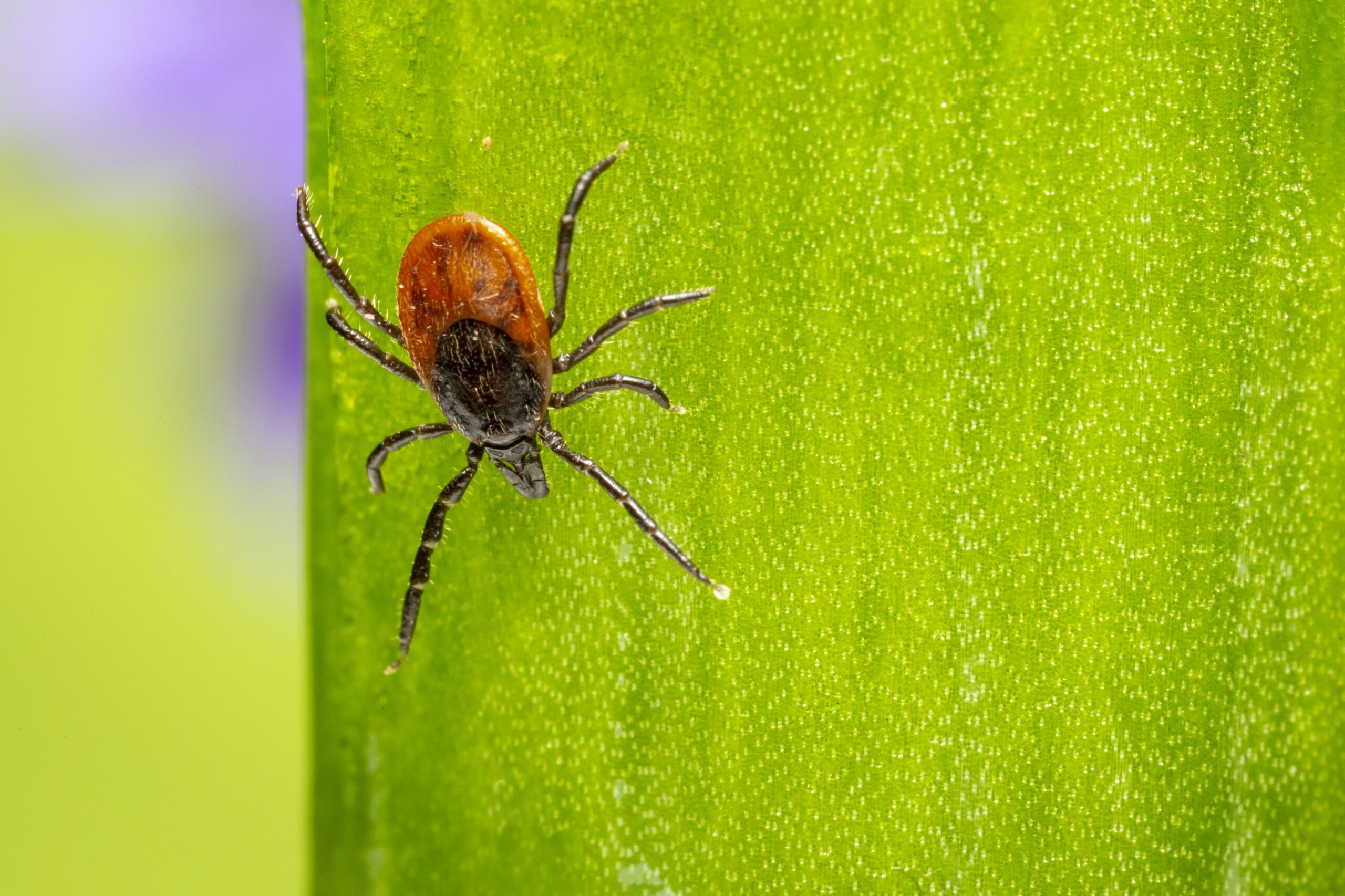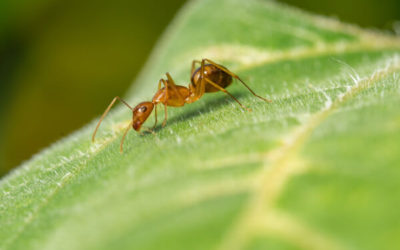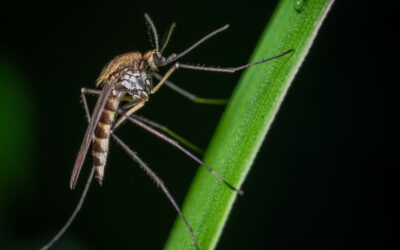
Pests Capable of Transmitting Diseases
Most people are likely to agree that pests are annoying and gross, especially when we discover them within our homes. It’s stressful and frustrating to see unwanted guests like cockroaches, bedbugs, termites, or rodents in our homes.
But did you know that pests are more than just a nuisance? In fact, they can pose a significant risk to our health by acting as carriers of disease. A wide variety of pests can transmit diseases. Understanding the potential dangers that pests bring, and what we can do about it, is important in keeping your family and community safe and healthy.
Disease-carrying pests
Mosquitoes, ticks, and fleas are all common pests all over the United States– and in fact, all over the world. They can be annoying, causing itchy welts on our bodies, but more than just being bothersome, they can transmit diseases that have serious consequences.
Mosquitoes, for example, have been responsible for spreading serious diseases like malaria, dengue fever, the Zika virus, and the West Nile virus (among others) through their bites.
Ticks, found in grassy areas, can transmit Lyme disease, while fleas– which are often transmitted to us by our pets– can be carriers of various illnesses, too.
The serious impact these diseases can have on human health is a good reason to be proactive about removing these pests from your home and surroundings.
Understanding insect-borne diseases
Insect-borne diseases are spread when pathogens are transmitted to humans through the bites of infected insects.
Aedes mosquitoes, for example, are responsible for diseases like Zika and chikungunya. Anopheles mosquitoes carry malaria. The global prevalence of both of these types of mosquitoes means that people in many parts of the world are at risk of infection.
Ticks are also common pests capable of spreading Lyme disease, which can have serious health implications for humans and pets.

Taking action for prevention
Thankfully, it’s possible to take certain steps in order to prevent the transmission of diseases from pests in your area.
Using insect repellents can be helpful. DEET is a particularly effective pest repellent, although it can have negative health impacts on humans too and should be used with caution. Picaridin is another highly effective repellent.
There are also plenty of safer insect repellents on the market. Citronella oil, or insect repellent formulas including lemon and eucalyptus, can repel ticks and mosquitoes in a more environmentally-friendly way than harsher chemicals like DEET.
Professional pest control
Unlike many household pests, mosquitoes and ticks live outdoors and have no interest in taking up residence inside our homes. However, certain climates are more likely to experience a high concentration of insect activity that might make it a nuisance to enjoy the outdoors on your property. This is where professional pest control can step in!
There are a few recommended practices to prevent mosquitoes on your property, like eliminating or reducing standing water sources like gutters, flowerpots, and bird baths. Ticks can be eliminated by keeping grass trimmed and removing debris like leaf litter.
A professional pest company, however, will utilize insecticides to target mosquito larvae in standing water, preventing them from developing into adults. Other methods like fogging can be used to control existing mosquito populations.
What should I do to get rid of ticks and mosquitoes in my yard?
If you’re dealing with ticks and mosquitoes on your property, and eliminating sources of standing water and other DIY pest control efforts haven’t worked, then it’s time to call in the professionals.
At West Termite & Pest, we’re prepared to take action, allowing you to enjoy your yard without the looming threat of ticks, mosquitoes, and other pests capable of transmitting diseases.
More posts from West Termite, Pest & Lawn
Deterring Ants from Going Into Your Kitchen
Ants are among the most common household pests, and the kitchen, with its abundant food sources and moisture, is a prime target for these tiny invaders. Understanding how to deter ants from entering your kitchen involves a combination of preventative measures,...
Diseases That Rodents Can Bring
Rodents, while often small and seemingly innocuous, are significant carriers of numerous diseases that can pose serious health risks to humans. These pests, including rats and mice, thrive in various environments, often seeking refuge in human dwellings where food,...
Dealing with Mosquito Season
As the weather warms up, many of us look forward to spending more time outdoors, enjoying our yards, and hosting barbecues. However, with the arrival of summer comes the unwelcome presence of mosquitoes. These pesky insects are not just a nuisance; they can also pose...



